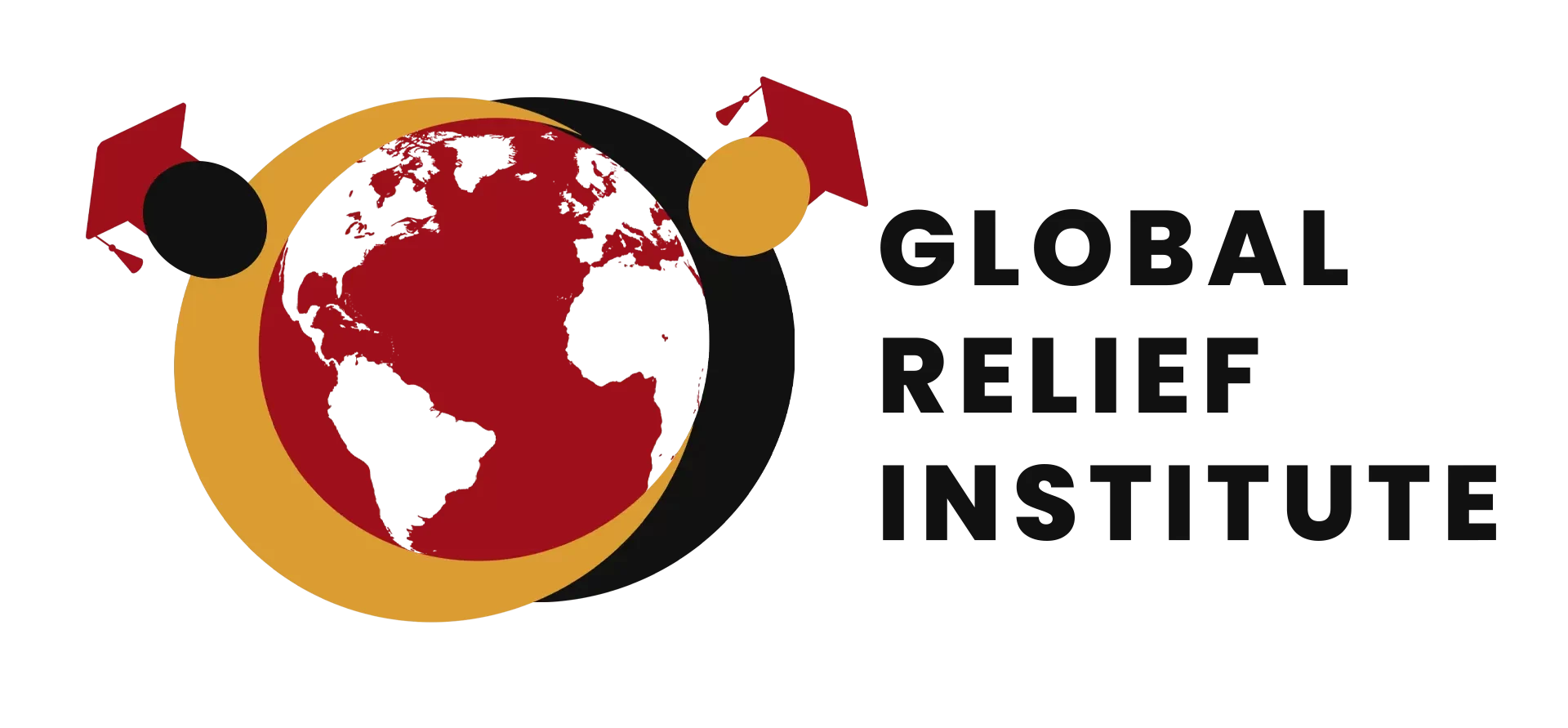Course Overview
For too long the topic of human rights in armed conflict was confined to theorists’ study rooms and was dealt with in academic discussions with minimal impact on policy choices in matters of warfare.
An analysis of ideas, laws, practices, and policies of human rights in armed conflicts serves various purposes. This certificate course aims to help learners explain the role of human rights in armed conflict, and to organize, contextualize and revisit current policies.
Another objective of the course is to determine the prospect and limitations in law, practice, and policy of human rights in armed conflict
The course also seeks to explore the potential, benefits, dangers, and drawbacks of increasingly referring to human rights in armed conflict, the repercussions this has on overall human rights and humanitarian law, and on the future of warfare.
Course Content
- Human rights in armed conflict: history of an idea
- The science of warfare and the progress of civilization
- Human rights and humanitarian law: theory
- United Nations Human Rights Council: monitoring armed conflict
- Monitoring and litigating human rights
- The extra-territorial application of human rights: functional universality
- War as emergency: derogation human rights and humanitarian law challenges and commonalities
- The right to life: the limits of human rights in armed conflict
- The dynamics of war and law
- Human rights and humanitarian obligation
- Operationalizing human rights in armed conflict
Exercises:
After reading course materials, students are expected to complete some relevant exercises and tasks to test their own learning.
Assignments
Students will be required to submit three assignments to demonstrate their understanding of the course content.
DURATION: 3 Months
REGIONS TARGETED: Global
COURSE FEE: €500
ORGANIZERS: GRI
LANGUAGE: English and French
FORMAT: Online Learning
GENERAL COURSE CONTACT:



